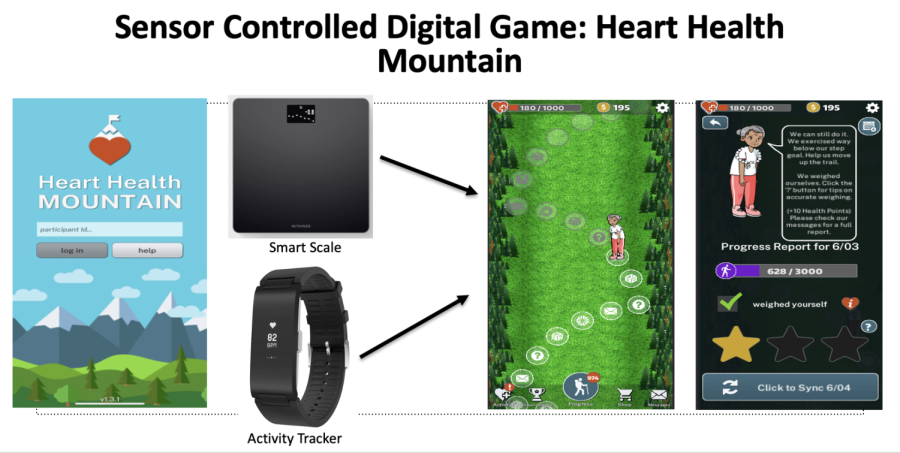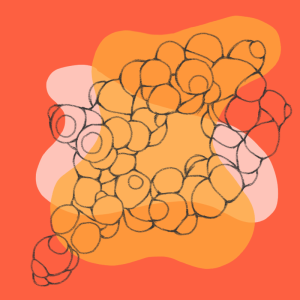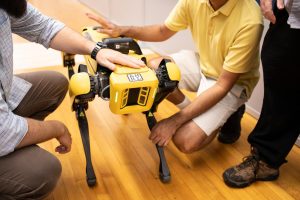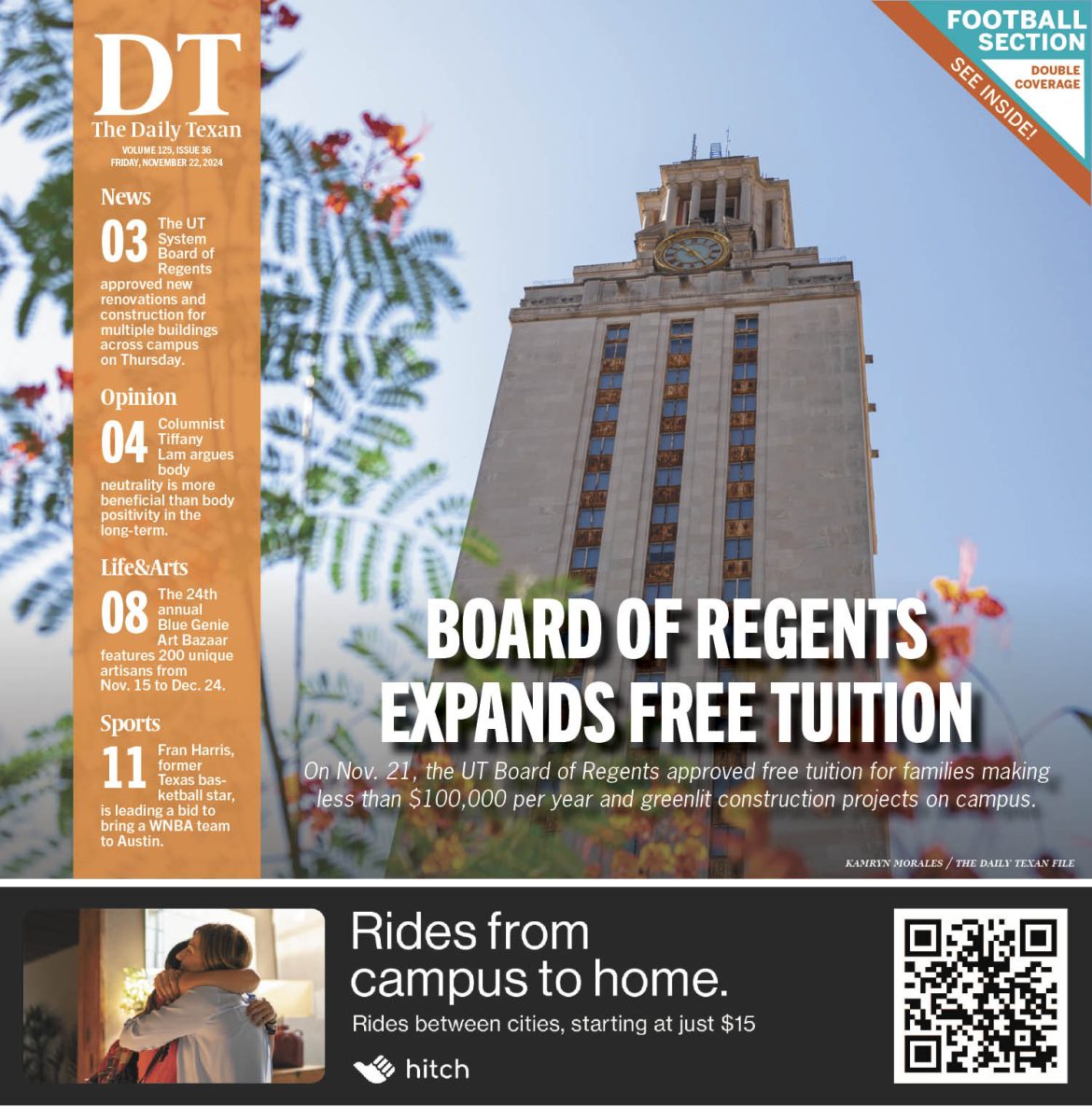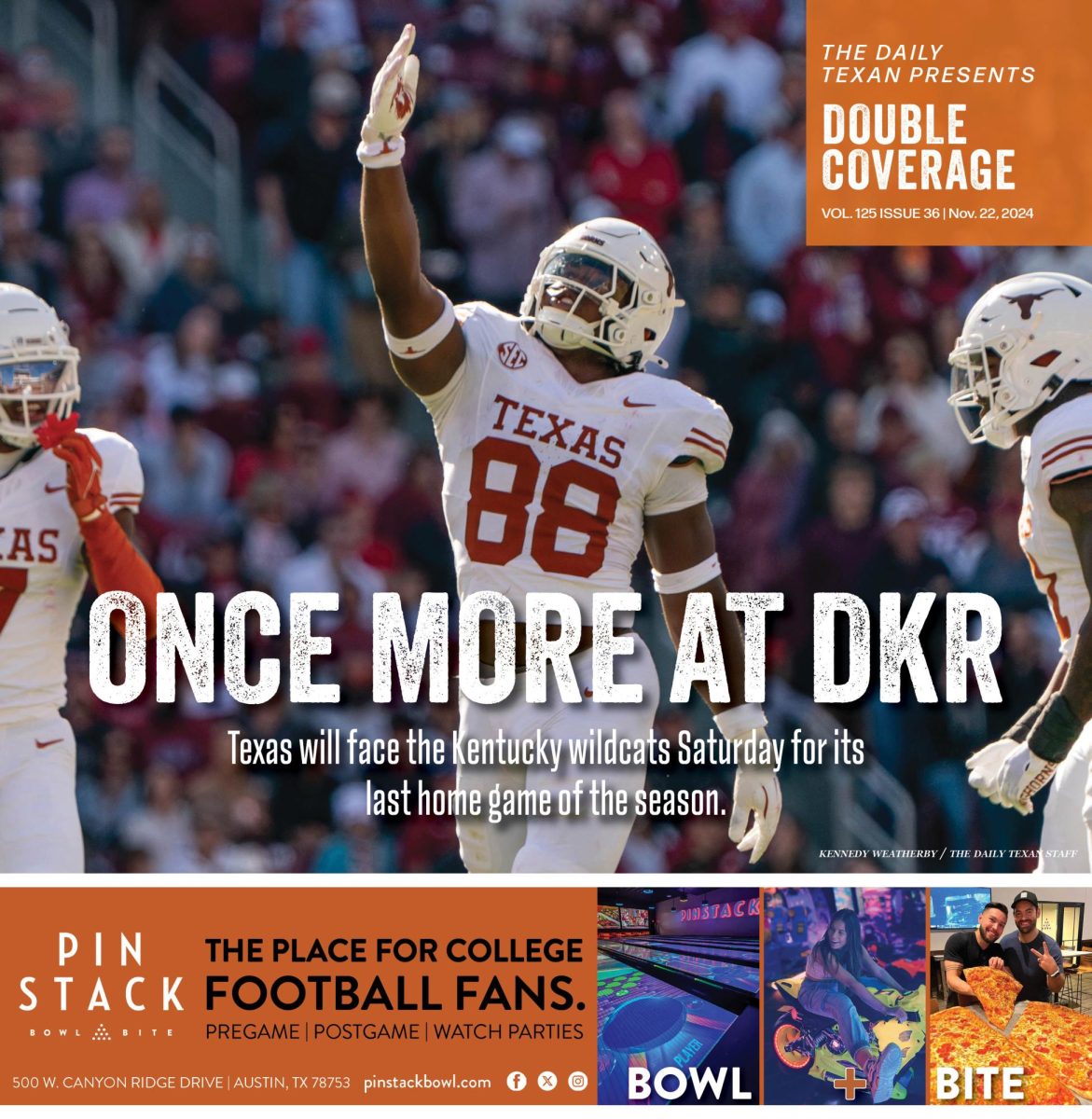‘Healthcare happens at home’: UT associate nursing professor creates digital game for heart failure patients
February 5, 2023
In 2015, associate nursing professor Kavita Radhakrishnan created a concept of a digital game that rewards players for completing various physical tasks and routines to aid in heart failure recovery.
Radhakrishnan’s concept became a reality in 2018, after receiving multiple grants to fund the game’s research. With the help of the Cockrell School of Engineering, the School of Nursing and a doctor from the Baylor College of Medicine, Radhakrishnan worked on this project for nearly five years to aid in combating a condition that affects more than 64 million people worldwide, according to PubMed.
Now, the project is expanding to reach people across seven southern states, including Texas, Alabama and Arkansas.
“I read somewhere that they were making use of digits to get kids to take care of their diabetes or blood sugar, and that was very intriguing,” Radhakrishnan said. “Using games like feed a fish, where they can only feed a fish if they take their real-life glucose readings. It was very intriguing, but what was shocking was none of that was done for older people, and especially for people with (heart failure).”
Radhakrishnan said in the game, players are tasked with climbing a mountain. In order to climb the mountain, the players complete real-life health maintenance tasks that are then converted to digital steps inside the game.
“A lot of (heart failure) patients, when they get diagnosed, they would love to do nature things,” Radhakrishnan said. “They would go out for a trek before, but after heart failure they can’t do a lot of activities they used to … So we had the idea of bringing nature into the game.”
In the first prototype, Radhakrishnan said the game ran two tests that determined that people who played and could see the game had a better connection to their heart failure treatment behaviors than those who just had heart failure sensors. In the sample Radhakrishnan’s research team had, they saw an increase in the monitoring behaviors of those playing the game, showing its benefit on the player’s health. Since the first prototype in 2018, she said they’ve made leaps in the study and plan to adapt the game to other cardiovascular diseases.
“I strongly believe healthcare happens at home,” Radhakrishnan said. “COVID exposed a healthcare provider shortage. I’m hoping that games like these will help patients take better care of themselves, and bridge the gap that’s happening in our healthcare system.”

